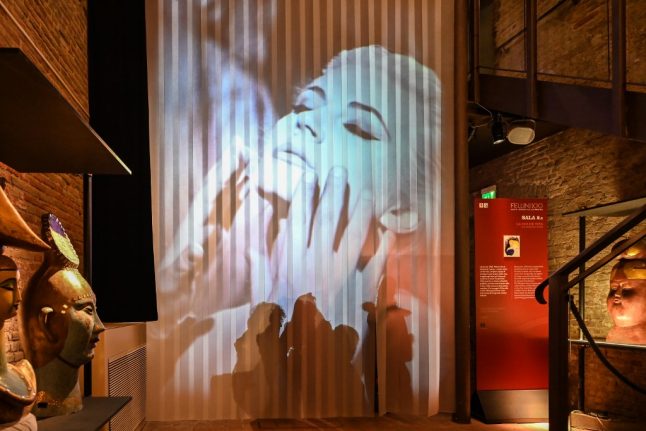The rescue action triggered a new collapse in the company’s shares, with the Stockholm Stock Exchange moving HQ shares to its so-called observation list.
HQ will withdraw a proposed rights issue of 559 million kronor and has set an extraordinary general meeting for June 28th. Instead, HQ intends to conduct a rights issue of up to 1 billion kronor to allow for the repurchase of HQ funds and secure financial stability.
The proceeds from the sale will cover losses from HQ’s trading operations, which it is about to promptly liquidate. So far in the second quarter, total losses from trading operations have grown to 297 million kronor.
The costs of implementing the forced liquidation are estimated to have grown and occurred earlier compared with HQ’s assessment released on May 26th.
An additional 1 billion kronor has already been largely secured through subscription commitments and guarantees from Öresund and financiers Mats Qviberg and Sten Dybeck.
Shortly before 11am, HQ shares plummeted by 24 percent and the Stockholm Stock Exchange decided to move HQ shares to the so-called observation list.
HQ Chairman Qviberg refused to comment on whether he considered reaction justified.
“I do not want to assess it,” news agency TT reported him as saying. “It is clear that our information has resulted in a decline, that was to be expected. However, it is a sign of strength rather than weakness that we can do this.”
Per Håkansson, general counsel of the Financial Supervisory Authority (Finansinspektionen, FI), believes that the developments at HQ are “serious and sensational.”
“Everyone involved has a reason to reflect on how the situation has reached this point,” said Håkansson. “However, beyond that, I cannot discuss it any further,” referring to the confidentiality rules applying to FI’s work.




 Please whitelist us to continue reading.
Please whitelist us to continue reading.
Member comments